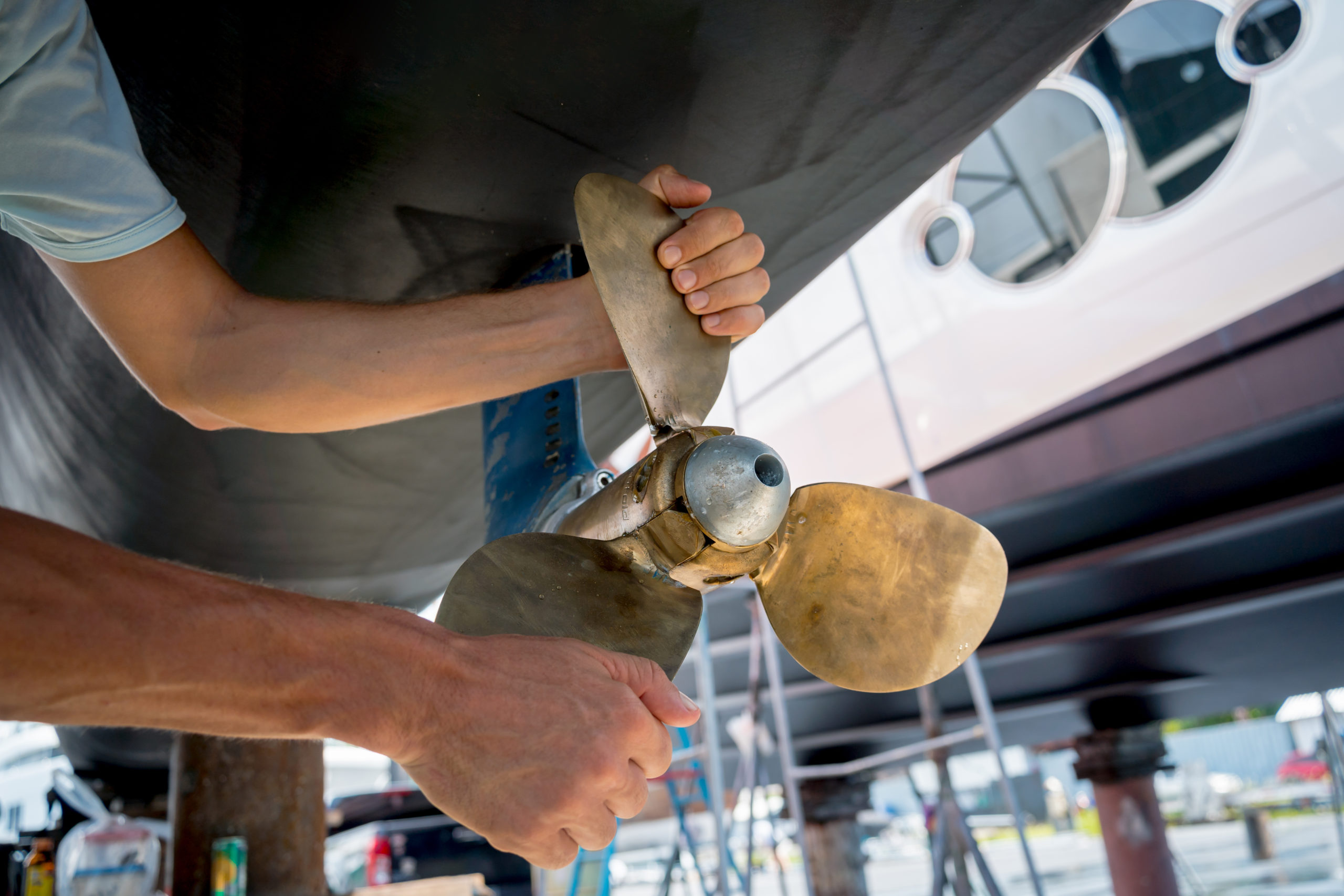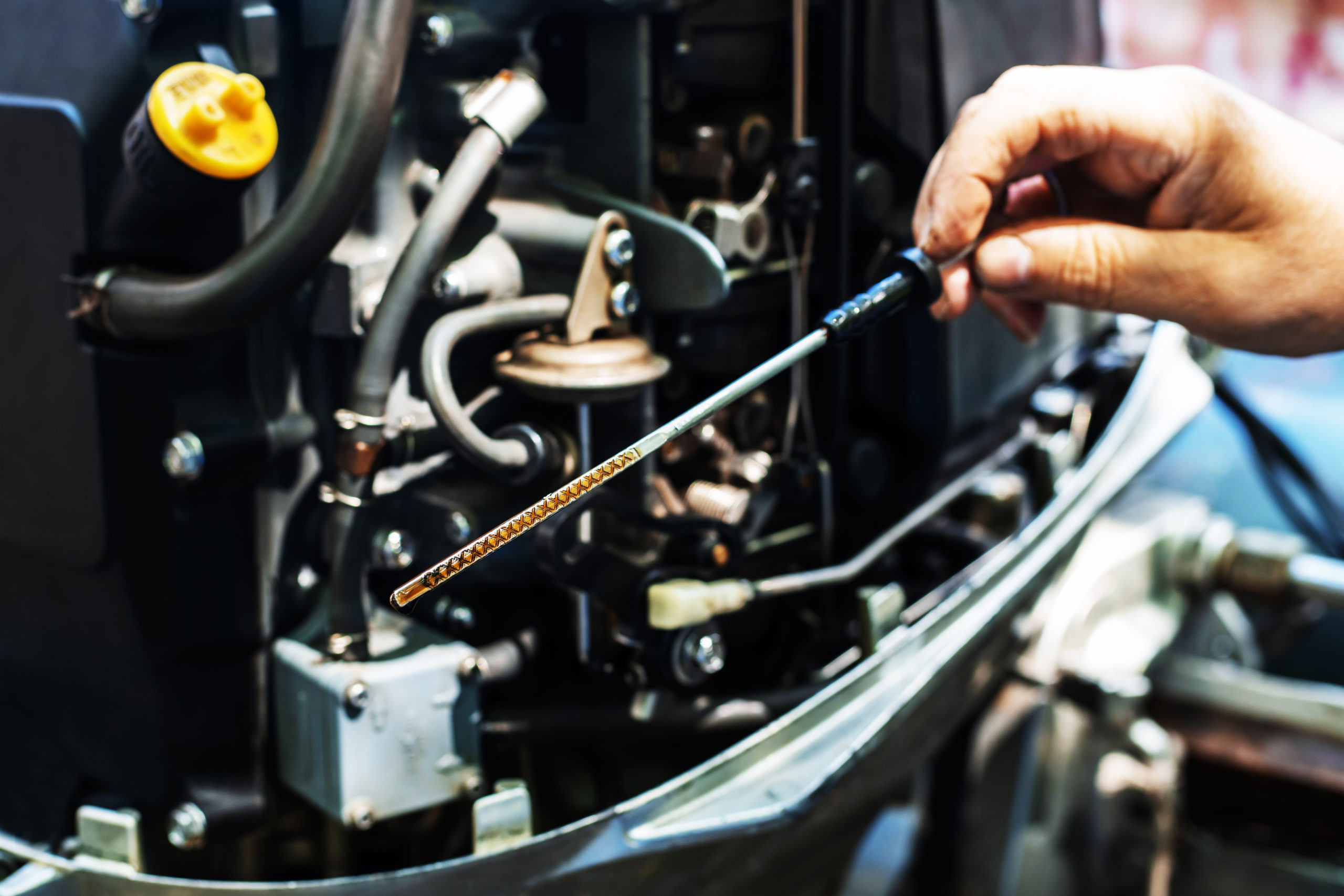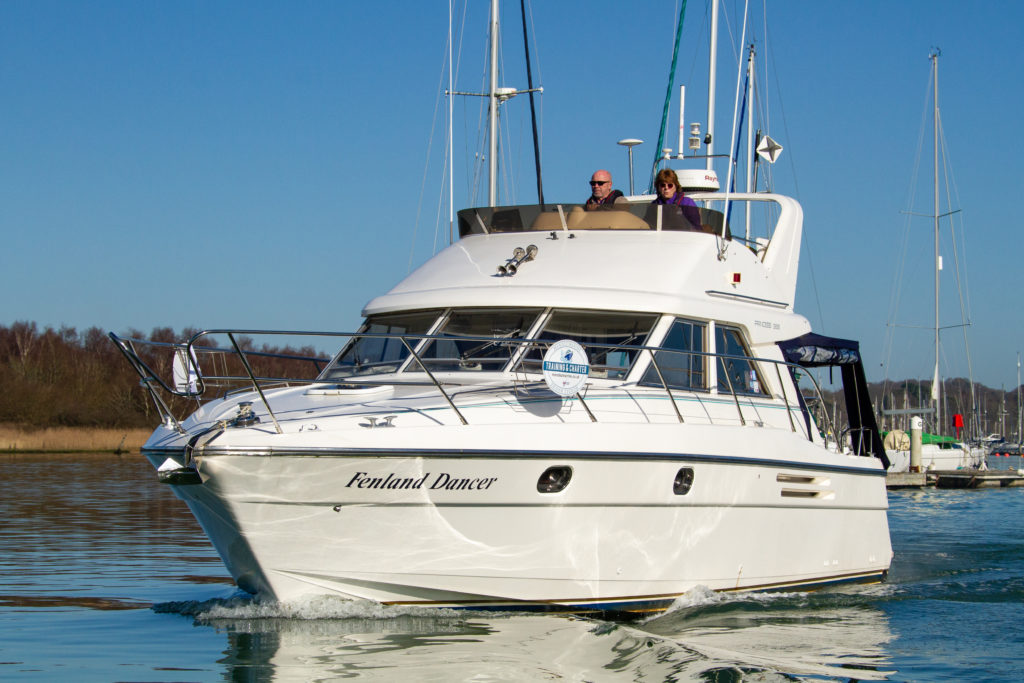It’s that time of year when the sun is starting to make more of an appearance and it’s time to run through those spring checks before your motorboat goes into the water. If it never left the water, it’s a good time to carry out some on the water motorboat spring checks. Keith Lovett, Stoneways Marine’s Managing Director and expert, lifelong boater gave us the following top advice.
“Whether an owner of a powerboat, RIB, or displacement motorboat most will be willing on the arrival of spring and the opportunity to finally get afloat aboard their pride and joy. However, it’s no secret that far too many have their motor boating season cut short, sometimes before it has even begun, all too often due to a lack of not so onerous preparation.
If your boat has not been used for potentially 5 months or more, even assuming it was carefully winterised it is not necessarily going to be possible to just pick up where you left off and there is a bit more to it than turning the key and enjoying the sunshine.

If you are relaunching for the whole year, no doubt your antifouling is flawless and maybe you have given the topsides one last polish, but do not overlook other essential motorboat spring checks.
Top 12 Motorboat Spring Checks
- It is worth just giving all areas of the boat a thorough visual inspection, lift all the floorboards, check the bilges and all the lockers for any obvious signs of wear and tear.
- Have you replaced all your anodes, confident that they are going to provide your motorboat with the protection required for the coming season.
- Water may have frozen during the winter causing untold damage, not clear in many areas and not limited to engines. Rubber and plastic hoses, deck showers, damage to laminates in cockpit lockers and external gas lockers are all culprits.
- Outboard or inboard, now is the time to make sure your motorboat engine is fully serviced. Predictably, reputable marine engineers are at their busiest in the spring. Many may prefer to service in two parts initially ashore and then afloat. Start talking early, so that the engineer’s plans can fit in with your own.
- Beyond engines, batteries and electrical systems should be fully checked. Clean and grease your battery terminals and it is certainly worth ensuring your batteries are fully charged to avoid disappointment when you do launch – being towed to your berth is never fun.
- Similarly activate all your electronics and VHF.
- Steering and throttle cables are always worth checking for kinks or loose connections, a little grease now can help to limit problems later in the year.
- Fill up your motorboat’s water tanks and treat with water purification tablets if necessary. Run all taps and showers, checking for leaks and make sure the water runs clear.
- If you have an integral fuel tank, hopefully you topped it up when you brought your boat ashore. If not, fuel can break down over a long period and condensation build up in your tank. If you are concerned about the fuel condition, drain your tank down and start afresh.
- If your motorboat is fitted with a bilge pump, make sure the hoses are clear and flexible. It is better to check the pump is working now rather that discovering isn’t, just when you need it.
- Check all your sea cocks, both ashore and again when you launch. If you have drain plugs, make sure they have been replaced !
- It is vital to check your safety gear and equipment carefully. Are your flares and fire extinguishers all still in date, with lifejackets and life rafts serviced? Are all your navigation lights operating correctly? The RNLI provide many useful safety resource on their website which can be found here.
Admin and Motorboat Insurance Checks
Off the boat it is sensible to check through your paperwork too. Have you renewed and paid any harbour dues required and is your motorboat insurance policy meeting your needs for the coming season. Make a note of your renewal date so that you can properly review in good time. The value of your boat should reflect the realistic market value which may have gone down or up if you have made changes. Similarly, is the cruising area sufficient, but equally not unnecessarily overstated.
Wherever you keep your motorboat, you are likely required to maintain third party liability insurance to a certain limit, so make sure your policy meets that requirement and is not limited for pollution or recovery costs which are all ultimately liabilities.
Check over your policy to understand both what it provides and what to do in the event of an incident occurring, If you need to, don’t hesitate to talk to your insurance provider. To find out more about Motorboat insurance with Stoneways Marine visit our motorboat insurance web page.
Finally when you do get afloat, make sure you check for leaks and that your sea cocks are in good working order. It’s definitely worth testing all the boats systems, engines, and electronics before you even leave the berth or dockside to ensure no gremlins have shown up in the launch process. When you do head out for your first cruise, it’s worth making it a relatively short shake down voyage before heading further afield.
So when all these motorboat spring checks are complete, all that remains is to just add the sunshine.”
If you have any questions about motorboat insurance or would like a competitive quote for your boat for 2024, our friendly team of motorboat insurance experts are ready to take your phone call to help make sure you are protected of the season. Call us today on 03333 609 886 or click here to fill out our motorboat insurance enquiry form.


